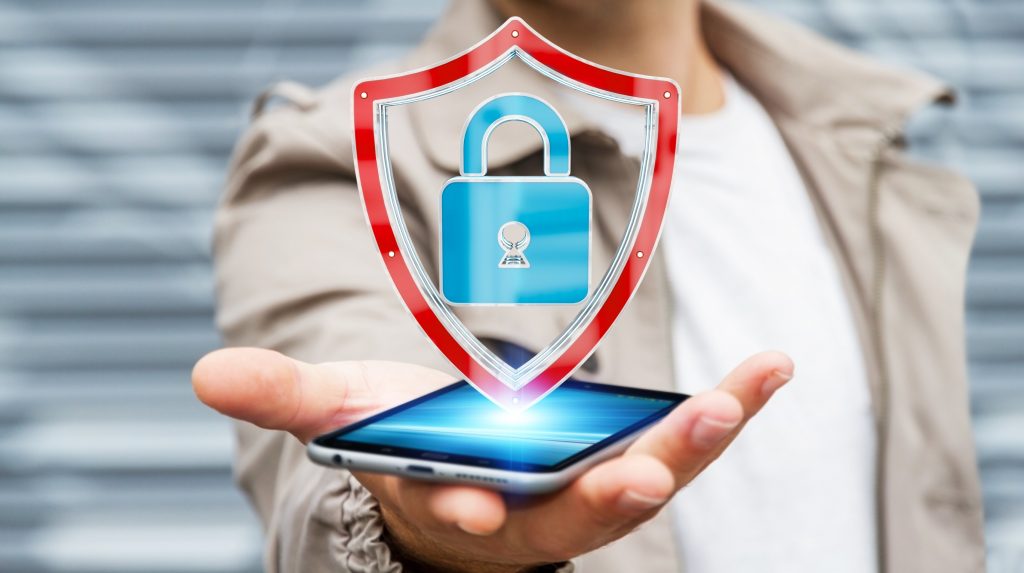
In today’s interconnected world, where our lives are increasingly entwined with digital technologies, cybersecurity has become a major concern. Protecting ourselves and our personal information online is not just the responsibility of tech-savvy individuals or experts; it is a task that falls upon every one of us. By adopting some commonsense cybersecurity practices, we can fortify our digital lives and minimize the risk of falling victim to cyber threats.
Use strong and unique passwords:
The first line of defense against unauthorized access is a strong and unique password for each of your online accounts. Craft passwords that are long, complex, and incorporate a combination of uppercase and lowercase letters, numbers, and special characters. Avoid using easily guessable information such as your name or birthdate. Additionally, consider utilizing a trusted password manager to securely store and manage your passwords.
Enable two-factor authentication (2FA):
Two-factor authentication provides an extra layer of security for your online accounts. By enabling 2FA, you add an additional verification step, usually involving a unique code sent to your mobile device, on top of your password. This added security measure ensures that even if your password is compromised, unauthorized access to your accounts is mitigated.
Keep software up to date:
Regularly updating your operating system, web browsers, and software applications is crucial for maintaining a secure digital environment. Developers release security patches and updates to address vulnerabilities that cybercriminals may exploit. By keeping your software up to date, you minimize the risk of falling victim to known security flaws.
Be cautious of phishing attempts:
Phishing attacks continue to be a prevalent method used by cybercriminals to trick individuals into divulging sensitive information. Exercise caution when encountering suspicious emails, messages, or phone calls asking for personal data or urging you to click on links. Be wary of unexpected requests, look for signs of poor grammar or unusual email addresses, and verify the authenticity of communications before sharing any sensitive information.
Secure your home network:
Your home network is the gateway to your digital devices, making it crucial to secure it properly. Change the default login credentials for your Wi-Fi router, ensuring you use a strong and unique password. Enable encryption (WPA2 or WPA3) to safeguard your network traffic. Regularly update your router’s firmware to protect against known vulnerabilities.
Be mindful of public Wi-Fi:
Public Wi-Fi networks, although convenient, can be risky when it comes to data security. Avoid accessing sensitive information, such as online banking or shopping, while connected to public Wi-Fi. If necessary, use a reputable virtual private network (VPN) service to encrypt your internet connection and ensure your data remains secure.
Regularly back up your data:
Data loss can occur due to various reasons, including malware attacks or hardware failures. It is crucial to regularly back up your important files and data to ensure they are not lost forever. Store your backups securely, preferably in multiple locations or by utilizing cloud-based backup services. This way, you can restore your files if the need arises, without succumbing to ransomware demands.
Use antivirus and security software:
Installing reputable antivirus and security software on your devices provides an additional layer of protection against malware, viruses, and other threats. Ensure your security software is up to date and performs regular scans to detect and eliminate any potential threats.
Be cautious of what you share online:
With the rise of social media and online platforms, it is important to exercise caution when sharing personal information online. Think twice before posting details such as your address, phone number, or other sensitive data that could be used against you. Adjust your privacy settings appropriately and limit the visibility of your personal information to trusted individuals.
Educate yourself:
Staying informed about the latest cybersecurity threats and best practices is crucial for maintaining a secure online presence. Regularly seek reliable sources of information, follow cybersecurity blogs and news outlets, and educate yourself about evolving threats and ways to protect against them. This knowledge will empower you to make informed decisions and stay one step ahead of cybercriminals.
Cybersecurity is a continuous effort that requires diligence and awareness. By adopting these practices, you can confidently navigate the digital landscape, safeguard your personal information, and enjoy the benefits of the digital world securely.
If you are interested in additional protection, consider services offered by The IT Guys, such as BitDefender AntiVirus or Cove Unlimited Data Protection with DNS filter protection, which can provide added layers of security. BitDefender AntiVirus offers comprehensive antivirus protection, while Cove Unlimited Data Protection with DNS filter protection ensures advanced security for your devices. Prices start at $20 a month per device, and for cellphone DNS protection, you can access the service for just $1 per cellphone per month. These services, provided by The IT Guys, can further enhance your cybersecurity measures, providing you with peace of mind in today’s digital landscape.
Need Urgent Help? If you’re facing a critical issue that requires immediate attention, please reach out to our 24/7 helpline at 772-667-4469.
